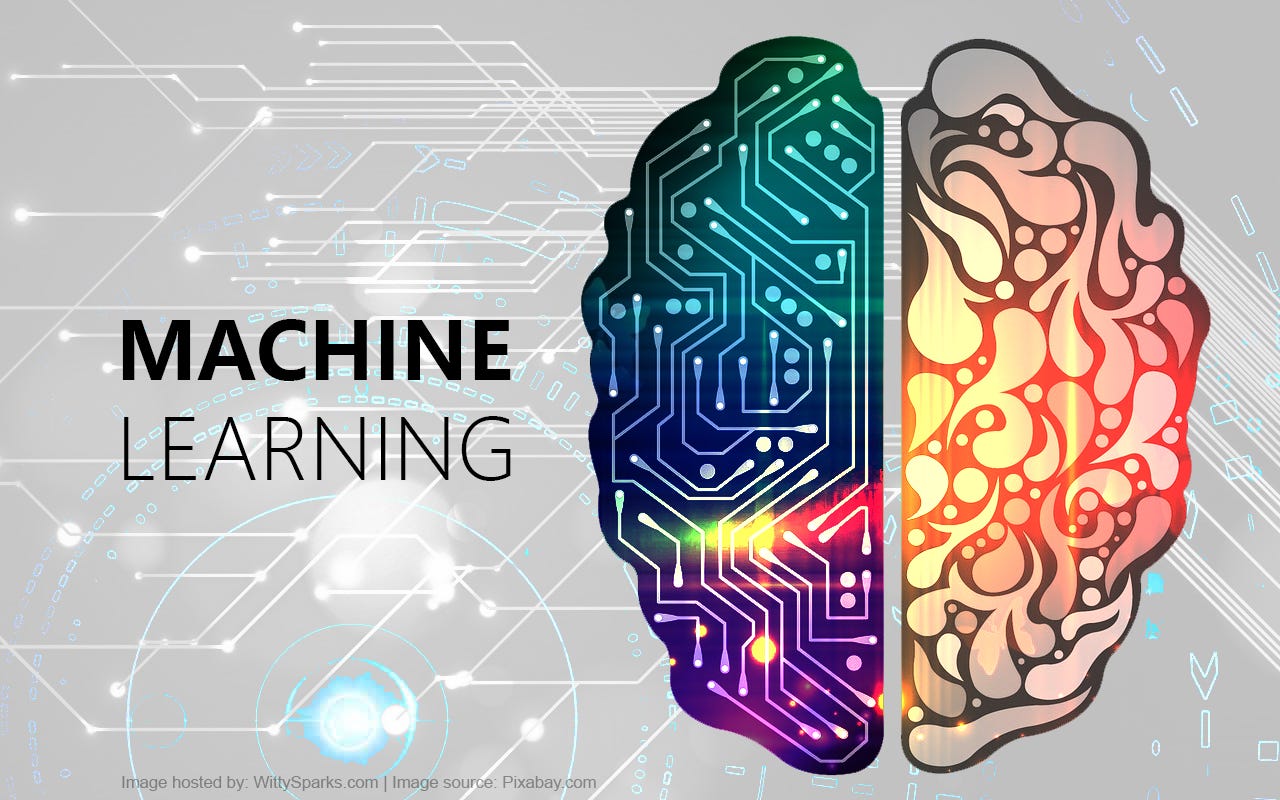Towven.com – The realm of artificial intelligence (AI) is constantly evolving, offering solutions that mimic human capabilities in remarkable ways.
Machine learning (ML) emerges as a powerful subfield of AI, empowering systems to learn from data without explicit programming.
Unlike traditional software that relies on pre-defined rules, machines learning algorithms can identify patterns and relationships within data, enabling them to improve their performance over time.
This article delves into the captivating world of machines learning, exploring its core principles, diverse applications, and the potential it holds for transforming various industries.
Beyond Instructions: Unveiling the Core Principles of Machine Learning
Machine learning departs from the traditional approach of programming software with every rule and decision point. Instead, it leverages several key principles:
-
Data-Driven Learning: Machines learning algorithms rely on data to learn and improve. This data can be structured (numerical data in spreadsheets), semi-structured (emails, social media posts), or unstructured (images, videos). The quality and quantity of data significantly impact the effectiveness of machine learning models.
-
Algorithms: Machine learning algorithms are the core engines that enable learning from data. There are various machines learning algorithms, each suited for different types of tasks and data. Common algorithms include supervised learning (learning from labeled data), unsupervised learning (identifying patterns in unlabeled data), and reinforcement learning (learning through trial and error).
-
Training and Testing: Machine learning models are trained on a portion of the available data. During training, the algorithm learns to identify patterns and relationships within the data. The trained model is then tested on a separate dataset to evaluate its performance and identify areas for improvement. This iterative process of training and testing refines the model’s accuracy and ability to generalize to unseen data.
-
Model Optimization: Machines learning models are not static; they can be continuously optimized based on new data and feedback. This optimization process can involve adjusting the algorithm parameters or retraining the model on a larger dataset.
These core principles empower machines learning systems to acquire knowledge and improve their performance without explicit programming, making them adaptable and capable of handling complex tasks.
A Spectrum of Solutions: Exploring the Diverse Applications of Machine Learning
Machine learning is not a one-size-fits-all solution; it offers a diverse range of applications across various industries:







